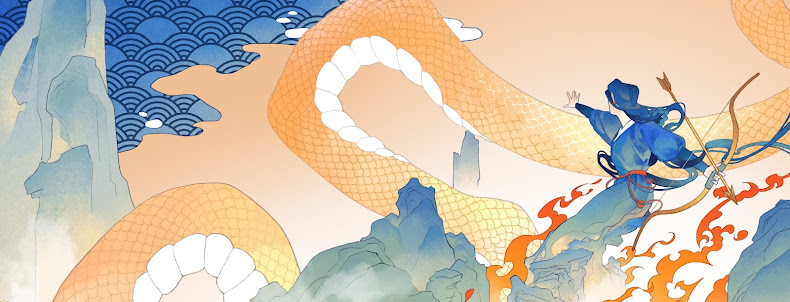I just can’t stop. I’ve found another French song that I like very much.
This one is by Zazie and has witty and poetic lyrics set in satire. This song
is a powerful wakeup call to all mankind who are the ultimate Earth Destroyer.
I’m inclined to think that it’s human greed that drives an incurable addiction
to wasteful consumption, which causes steady destruction of the Earth. In the
end, greed will destroy humankind – in a vicious circle.
Link to the song:-
http://www.youtube.com/watch?v=05fRI9CkL7k&feature=my_favorites&list=FLlMBDFYTe8MGL_Z6TJc6LOg
Je Suis Un Homme (French Lyrics):
Je suis un homme
de Cro-Magnon
Je suis un singe
ou un poisson
Sur la terre en
toute saison
Moi je tourne en
rond, je tourne en rond
Je suis un seul
puis des millions
Je suis un homme
au coeur de lion
A la guerre en
toute saison
Moi je tourne en
rond, je tourne en rond
Je suis un homme
plein d’ambition
Belle voiture et
belle maison
Dans la chambre
ou dans la salon
Moi je tourne en
rond, je tourne en rond
Je fais l’amour
et la revolution
Je fais le tour
de la question
J’avance, avance
a reculons
Et je tourne en
rond, je tourne en rond
Tu vois, j’suis
pas un homme
Je suis le roi de
l’illusion
Au fond, qu’on me
pardonne
Je suis le roi,
le roi des cons
Je fais le monde
a ma facon
Coule dans l’or
et le beton
Corps en cage, coeur
en prison
Moi je tourne en
rond, je tourne en rond
Assis devant ma
television
Je suis de
l’homme, la negation
Pur produit de
consommation
Oui, mon compte
est bon, mon compte est bon
Tu vois, j’suis
pas un homme
Je suis le roi de
l’illusion
Au fond, qu’on me
pardonne
Je suis le roi,
le roi des cons
C’est moi, le
maitre du feu
Le maitre du jeu
Le maitre du
monde
Et vois ce que
j’en ai fait
Une terre glacee,
une terre brulee
La terre des
hommes que
Les hommes
abandonnent
Je suis un homme
au pied du mur
Comme une erreur
de la nature
Sur la terre sans
d’autres raisons
Moi je tourne en
rond, je tourne en rond
Je suis un homme
mais je mesure
Toute l’horreur
de ma nature
Pour ma peine, ma
punition
Moi je tourne en
rond, je tourne en rond
Je suis un homme
mais je mesure
Toute l’horreur
de ma nature
Pour ma peine, ma
punition
Moi je tourne en
rond, je tourne en rond
Moi je tourne en
rond, je tourne en rond
My English Rendition
of the Lyrics of “Je Suis Un Homme” (“I am a Man”):
I am a man, of prehistoric times
I am a monkey, or a fish
On the earth in all times
Me, I go round in circles, go round in circles
I am one, but then of a million
I am a man, with the heart of a lion
Going to war all the time
Me, I go round in circles, go round in circles
I am a man, full of ambition
Beautiful car, and beautiful house
In the bedroom or in the parlor
Me, I go round in circles, go round in circles
I make love, and revolution
I ponder over and over on a question
I go forward, forward to be backward
And I go round in circles, go round in circles
You see, I’m not a man
I am the King of Illusion
Basically, if you’ll pardon me
I am the king, the King of Idiots
I fashion the world in my own way
Cast in gold and in concrete
Body in a cage, heart in a prison
Me, I go round in circles, go round in circles
Seated in front of my television
I am a man, of passivity
Pure product of consumption
Yes, I’m good at counting, good at counting
You see, I’m not a man
I am the King of Illusion
Basically, if you’ll pardon me
I am the king, the King of Idiots
It is me, the Master of Fire
The Master of Games
The Master of the World
And look what I’ve done to it
An earth frozen up, an earth burnt down
The earth of men that
Men have abandoned
I am a man at the end of my rope
Like an error that nature has made
On the earth without any other reasons
Me, I go round in circles, go round in circles
I am a man but I take count
Of all the horror of my nature
For my penalty, my punishment
Me, I go round in circles, go round in circles
I am a man but I take count
Of all the horror of my nature
For my penalty, my punishment
Me, I go round in circles, go round in circles
Me, I go round in circles, go round in circles
